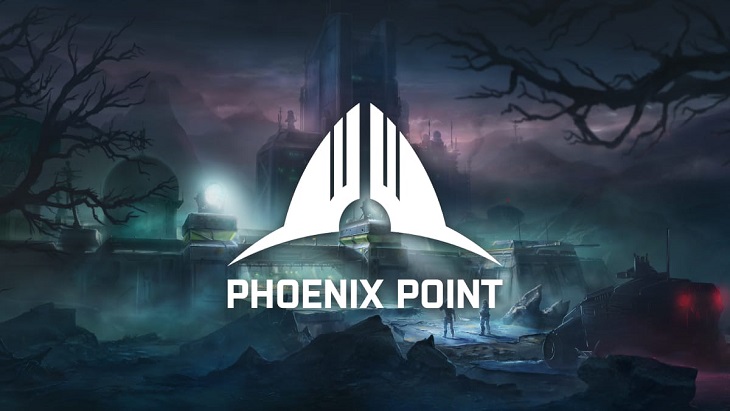
Phoenix Point seemed like a love letter to old-school X-COM when it was first announced all the way back in 2016. With the original designer of X-COM: UFO Defense and X-COM: Apocalypse aboard, as well as the composer of several earlier titles in the franchise, my expectations were pretty high as a fan of the series. In this review, I ask the following question: is Phoenix Point worth your hard-earned money, or is it yet another crowd-funded flop preying on your nostalgia for the good ol’ days?
Phoenix Point
Developer: Snapshot Games
Publisher: Snapshot Games
Platforms: Windows PC (Reviewed)
Release Date: December 3rd, 2019
Players: 1
Price: $39.99
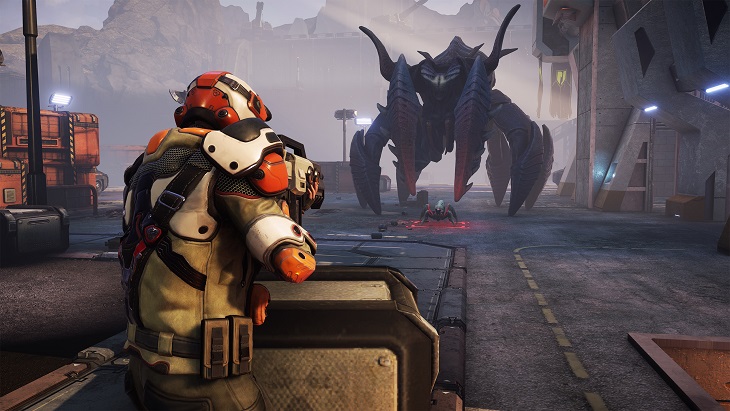
Unfortunately, I can’t talk about Phoenix Point without addressing the controversy associated with this game. I won’t be docking any points for these things, but they are good to know as a consumer nonetheless.
Phoenix Point ran a successful crowdfunding campaign on Fig, raising a total of $768,000 and blowing past their initial goal of $500,000. At the outset of said campaign, they promised Steam keys for all backers of the project.
Enter Epic Games. Snapshot Games, to the chagrin of many of their backers, signed an exclusivity deal with the Epic Games Store. This meant that there would be a year-long window where you could only play Phoenix Point through EGS, causing many to accuse them of breaking their promise of Steam keys and bamboozling their faithful supporters.
Despite them clarifying that backers would still be receiving a free Steam key after the window of exclusivity, as well as any DLC that launched in that time, and a full refund if requested, the damage was still done. While the developers claimed this deal was to secure capital to make Phoenix Point a better game, there was a groundswell of angry fans who felt slighted by the decision.
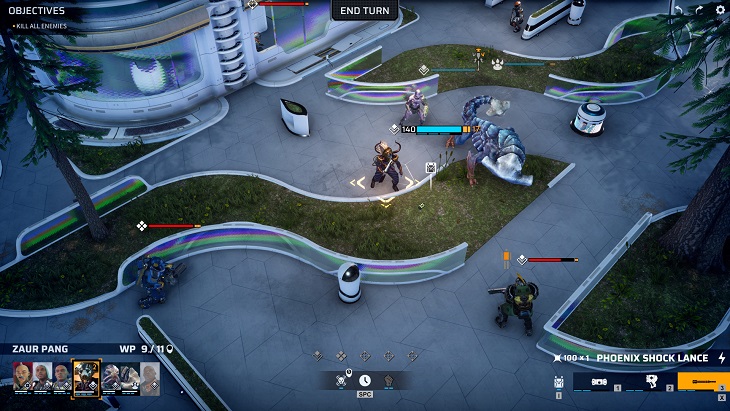
Moving onto the actual game, now. Phoenix Point is a turn-based strategy game, much like the X-COM titles of old. You deploy your soldiers on missions, where a lucky shot from your enemies can mean permanent death. Unlike the Firaxis XCOM games, however, there is more of a focus on diplomacy with the various factions in-game.
The story in Phoenix Point is as follows: Scientists discover a spooky alien disease called the Pandoravirus in melting permafrost. Humans and animals who come into contact with it turn into weird, deformed sea creature hybrids. The virus became airborne after polar icecaps melted, and began to infect most of the population. In summary, it was a real bummer for everyone involved.
You work for the Phoenix Project, a secretive society dedicated to assist humanity in times of worldwide danger. After assembling the best remaining soldiers, mechanics, and scientists at Phoenix Point, no further instructions come from the Phoenix Project. It’s up to you to work together with the three other factions still eking out an existence, and find more information about the Phoenix Project before everyone is doomed.
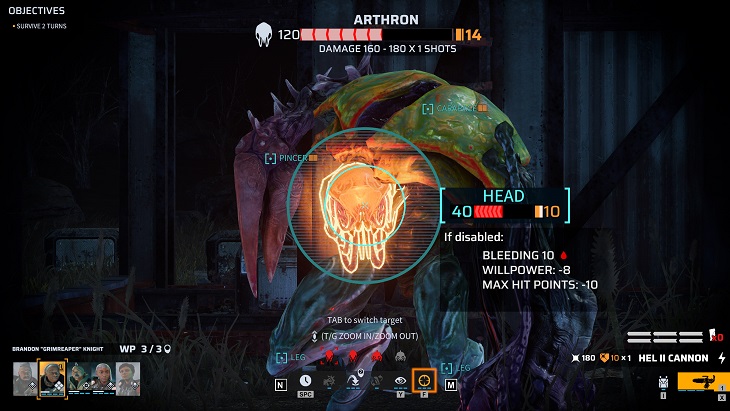
The other groups still alive on this alien hellscape are The Disciples of Anu, Synedrion, and New Jericho.
The Disciples of Anu are a faction mixing the beliefs of Abrahamic religions with those of doomsday cults. They worship an Alien god, and view the Pandoravirus as a blessing and a curse. They have created alien-human hybrids by directly exposing people to the mist, while allowing them to keep their human consciousness.
Synedrion are an advanced technological faction who wish to coexist with the mutated victims of the Pandoravirus, viewing these lifeforms as a legitimate part of Earth’s environment. They value knowledge above all else, and wish to rebuild Earth into a land of peaceful coexistence between citizens and the environment.
New Jericho are a balls-to-the-wall militaristic faction, who seek to eradicate the Pandoravirus with superior firepower. Their solution is to bomb the heck out of everything.
The first thing you’ll realize while playing is that these factions do not get along at all. They will often butt heads with one another, having wildly different ideas about how to deal with the Pandoravirus and the creatures that resulted from it. If you assist one faction, you’ll notice that another will disapprove. Keeping them all happy simultaneously is pretty difficult.
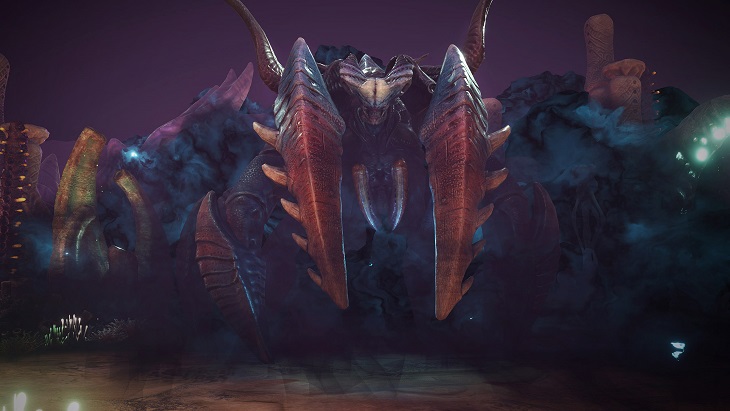
The gameplay of Phoenix Point is a mixed bag. It has a great deal of complexity to it, but that does not always translate into a better game experience.
After an extremely hand-holdy tutorial, you finally get your first taste of the combat. Unlike the newer XCOM games, Phoenix Point allows you to free-aim with your weapons, somewhat akin to Valkyria Chronicles. This eliminates the feeling of everything being a simple dice roll, and also gives you the ability to disable certain body parts of your enemies, with various effects.
There are seven classes, which have unique abilities, even if most of them feel like boring stat boosts. You also unlock the ability to multi-class at a certain level, which opens up new opportunities for your soldiers, some of which are overpowered as all get-out.
With each level, your soldiers gain a number of points to allocate to their stats. These were no-brainers most of the time though, and most of my units ended up leveling along the same vein. It felt like the attributes and skills were a huge work in progress, and paled in comparison to Firaxis’ XCOM games and their more variable build paths.
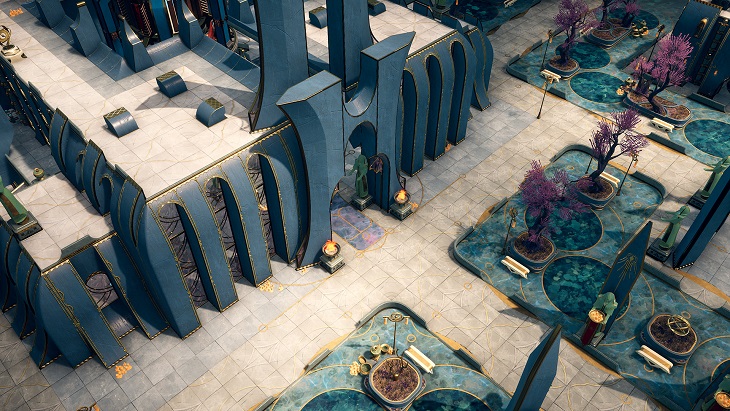
The biggest issue with Phoenix Point, in my estimation, is the enemy AI. It is completely braindead. I can’t tell you how many times an enemy had one of my soldiers dead to rights, but opted to shoot a wall three feet to their right instead of going in for the kill. They will also pull off baffling maneuvers from time to time, making a full sprint and ending their turn for seemingly no reason.
The mission types grow pretty old as well, especially the ones which have you protecting and recovering supply crates. With the way Phoenix Point procedurally generates the game maps, you can often end up with a few crates deep in enemy territory, all but ensuring you won’t get to them in time before the Pandoravirus creatures destroy them.
Diplomacy with the factions in-game plays a huge role in your experience, as most of your technological advances are made through developing relationships with them. This is great in a sense, but somewhat disappointing in others. For example, I tend to enjoy the straightforward tech trees in Firaxis’ XCOM games, and Phoenix Point is very stingy with supplying outright better weapons and gear than what you already have.
I also experienced pretty egregious slowdown and framerate drops during certain activities. Additionally, Phoenix Point doesn’t allow you to tab over to the next soldier when your currently selected unit is making a move, forcing you to wait until the entire animation has completed. This is only mildly annoying at first, but grows more and more frustrating as the game goes on.

The music and sound design, thankfully, are pretty great. The composer of X-COM: UFO Defense, Terror From the Deep, and Apocalypse reprises his role for Phoenix Point, and some of the tracks do a wonderful job establishing atmosphere and mood. The weapons all sound punchy and satisfying, and the aliens make sufficiently weird and disturbing sounds as they attempt to murder you.
The visuals on display are good, especially the alien designs, though I feel the art direction was influenced a bit too much by Firaxis’ XCOM titles. Your soldiers look very much like rejected designs from those games, and I would have appreciated a more distinct appearance for them.
All in all, Phoenix Point is a half-decent successor to the X-COM games of old, but has a severe lack of polish that holds it back from being something truly special. This is especially bad considering the game already had a significant delay, but still released in such a state. Terrible enemy AI, tedious missions, and a less-than-satisfying progression loop make it a game I don’t see myself revisiting until it has received a fair amount of updating.
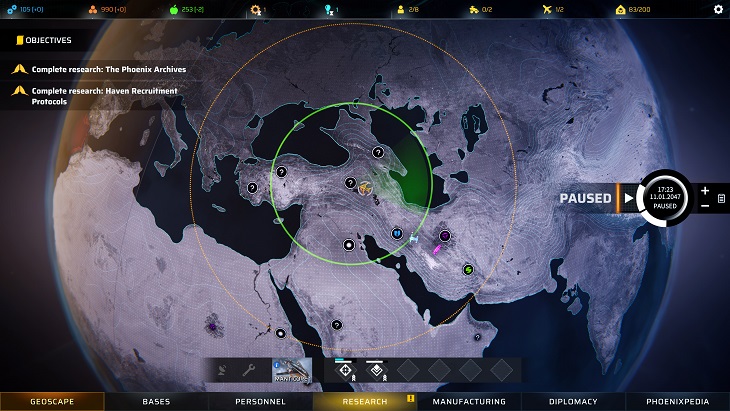
However, I can’t say I hated my time with the game. I love turn-based strategy, and there’s enough good stuff here to justify a purchase if Phoenix Point goes on sale. I give it a tenuous recommendation to fans of XCOM, though it might be best to wait for its eventual release on Steam. This will allow time for the devs to iron things out, which they desperately need to do.
Phoenix Point was reviewed on Windows PC using a review copy provided by Snapshot Games. You can find additional information about Niche Gamer’s review/ethics policy here.